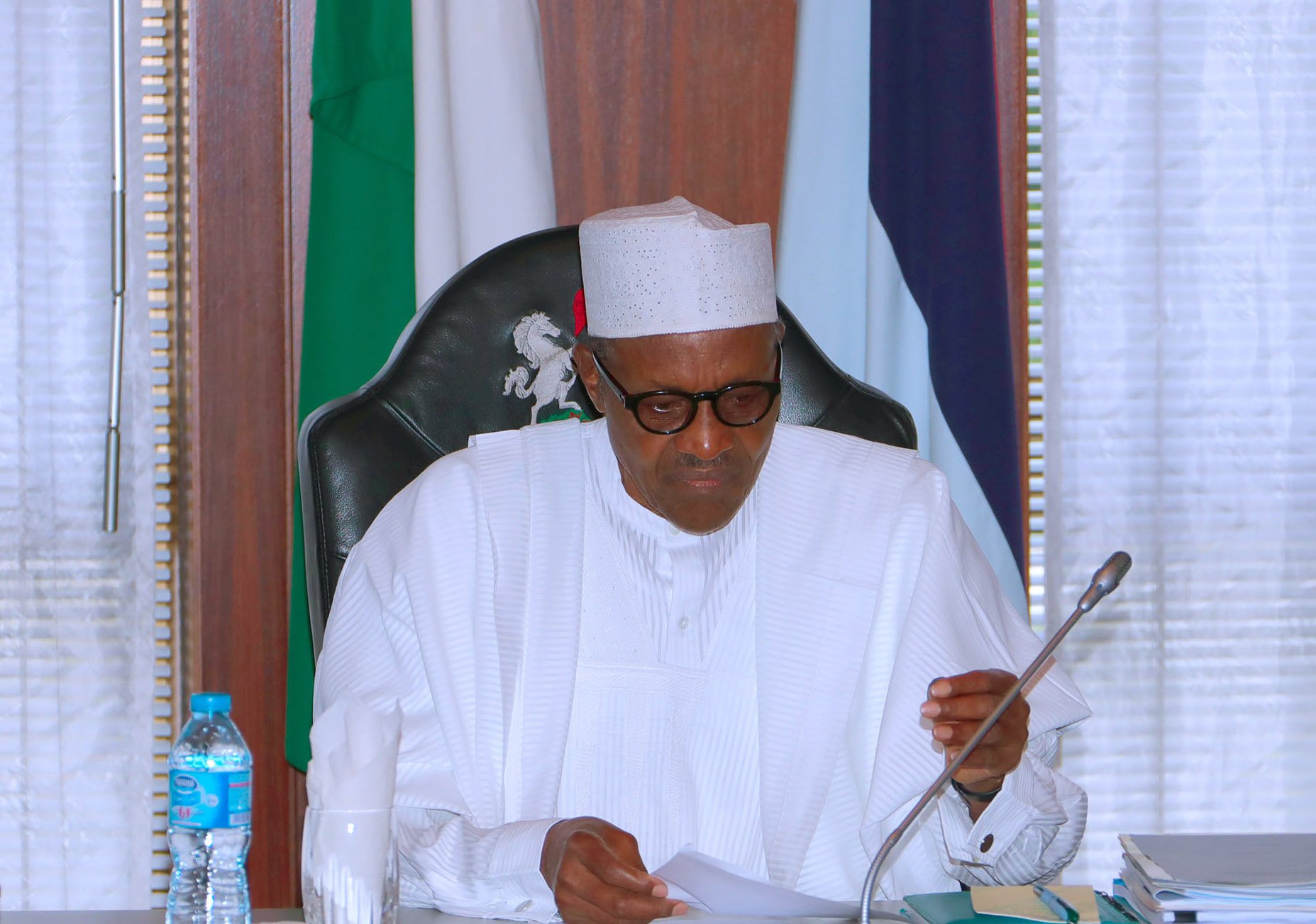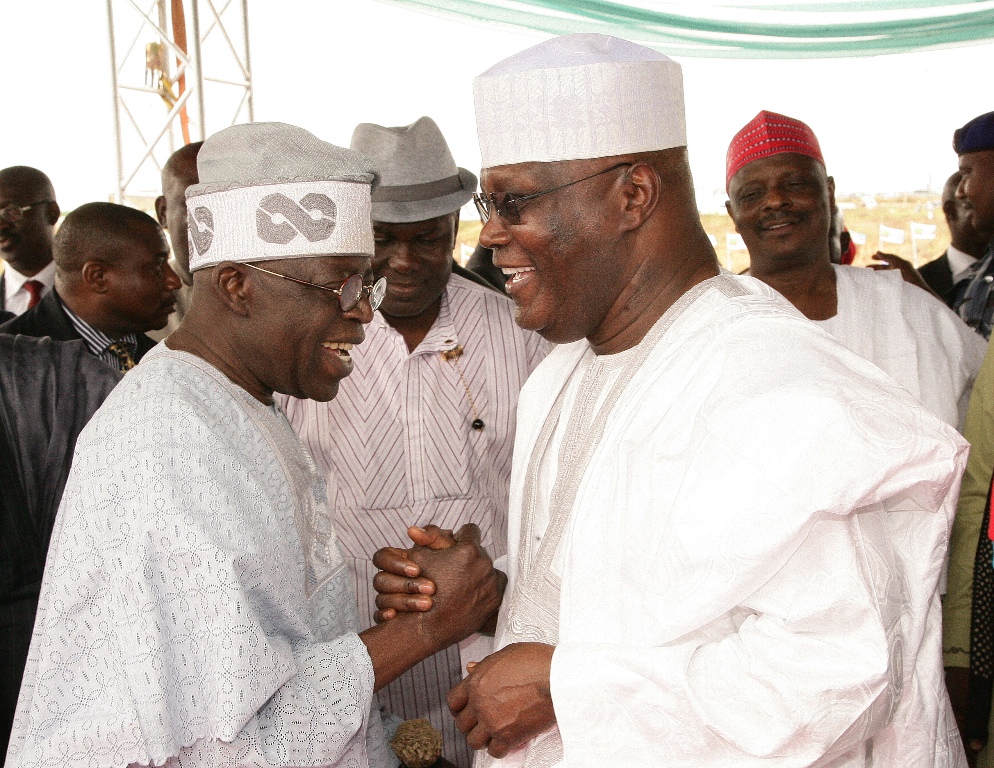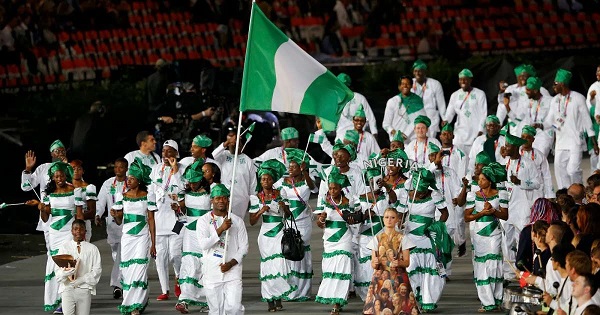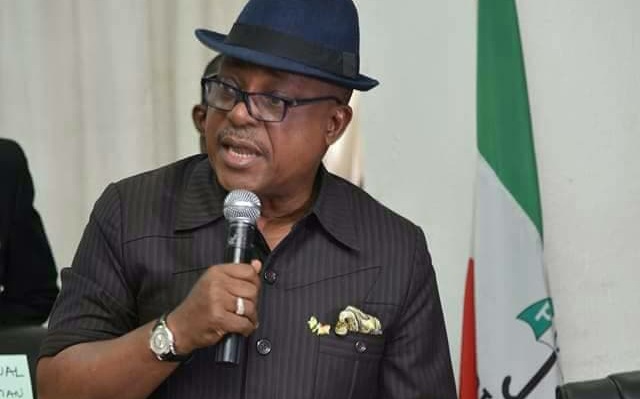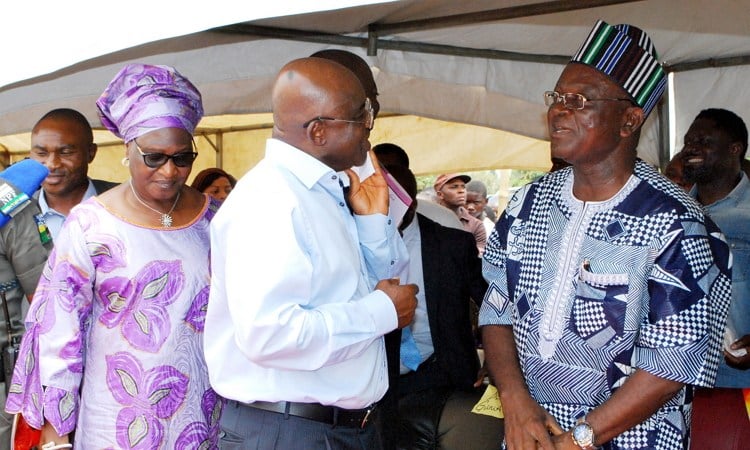PRESIDENT BUHARI MEETS SECURITY CHIEF 0a. President Muhammadu Buhari meeting with Security Chiefs at the State House Abuja. PHOTO; SUNDAY AGHAEZE. AUG 2 2018
President Muhammadu Buhari has declined assent to the electoral act amendment bill, 2018.
This was disclosed by Ita Enang, senior special assistant to the president on electoral matters (senate).
Enang said the president’s decision had been communicated to the leadership of the national assembly via a letter.
“His Excellency, President Muhammadu Buhari, GCFR, has by communication dated August 30, 2018, to the Senate and the House of Representatives declined Assent to the Electoral (Amendment) Bill, 2018,” Enang said in a statement.
Advertisement
“I pray for leave, that in view of public interest, the fact of the National Assembly vacation, the imperative to avoid speculation and misinformation, that I give just a few of the rationale by Mr. President.
“Mr. President is declining assent to the Electoral Amendment Bill due to some drafting issues that remain unaddressed following the prior revisions to the Bill.’’
“Mr. President invites the Senate and House of Representatives to address these issues as quickly as possible so that he may grant President Assent to the Electoral Amendment Bill.
A few of the outstanding issues are:
Advertisement
“There is a cross referencing error in the proposed amendment to Section 18 of the Bill. The appropriate amendment is to substitute the existing sub-section (2) with the proposed subsection (1A), while the proposed sub-section (1B) is the new sub-section (2A)’
“The proposed amendment to include a new Section 87 (14) which stipulates a specific period within which political party primaries are required to be held has the unintended consequence of leaving INEC with only 9 days to collate and compile lists of candidates and political parties as well manage the primaries of 91 political parties for the various elections. This is because the Electoral Amendment Bill does not amend sections 31, 34 and 85 which stipulates times for the submission of lists of candidates, publication of lists of candidates and notice of convention, congresses for nominating candidates for elections.”
The national assembly had passed the bill on July 24, 2018, and transmitted to the president on August 3.
Buhari withheld assent to the bill in March, saying the proposed law would usurp the constitutional powers of Independent National Electoral Commission (INEC) to decide on election matters, including fixing dates and the order they would go.
Advertisement
In addition, the president explained that he was complying with section 58 of the 1999 constitution, particularly sub-section 4, by refusing to sign the bill.
Earlier, the introduction of the bill generated controversy, with some lawmakers alleging that it was targeted at Buhari in the 2019 elections.
Add a comment
